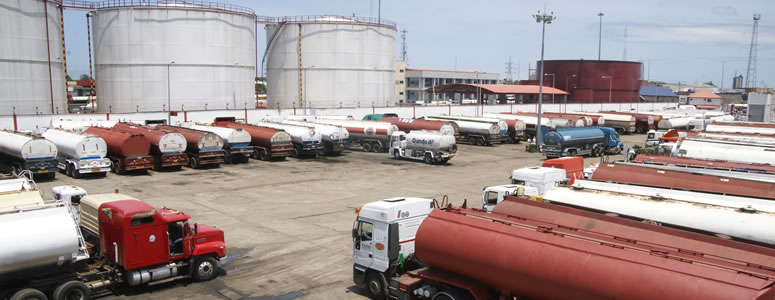The Association of Distributors and Transporters of Petroleum Products (ADITOP) has expressed dissatisfaction over unpaid bridging claims owed to members by the Nigerian Midstream and Downstream Petroleum Regulatory Authority (NMDPRA).
Its President, Alhaji Lawal Muhammad-Zaki, made the disclosure at an awareness meeting with members on Tuesday in Kano.
He said the unpaid bridging claims was the major challenge marketers were facing in the transportation of petroleum products to different parts of the country.
Zaki , therefore urged the NMDPRA to hasten payment of all the outstanding claims to members for effective distribution of petroleum products in the country.
The president further said that the association was facing the challenge of high cost of diesel and inadequate foreign exchange rate.
“Diesel is very costly, we find it difficult to fuel our trucks to transport petroleum products to different parts of the country.
“We buy spare parts for our vehicles with foreign exchange, which is also inadequate,” he said
Also speaking, the ADITOP Consultant, Mr Maurice Ibe, stressed the importance of unity among members.
He urged members to forward their claims to enable him processed them under one umbrella.
He said that the association was currently liaising with security agencies to ensure safety of drivers and their vehicles while discharging their duties.
Ibe described ADITOP as a strategic player in the oil and gas industry in the country, without which, the country would shutdown.
He urged the Central Bank of Nigeria to grant members concessional foreign exchange to boost transportation of petroleum products to all the nooks and crannies of the country.
Ibe said: ” ADITOP and the Independent Petroleum Marketers Association of Nigeria are being owed about N500 billion, but the NMDPRA claimed to have paid only N74 billion, which is a drop in the bucket.
“The amount is owed to individuals, but we are now taking about cooperation and unity.
“We are asking them to come as a group and speak with one voice to demand for their payments.”














